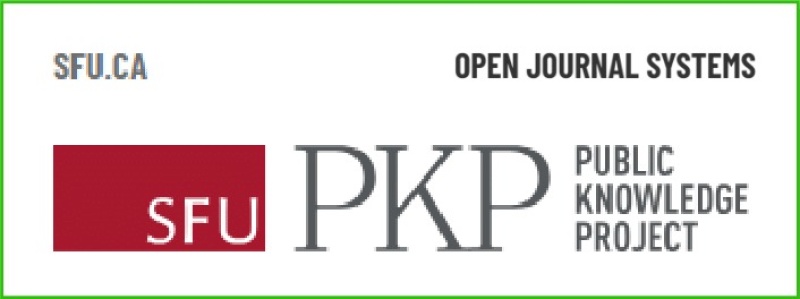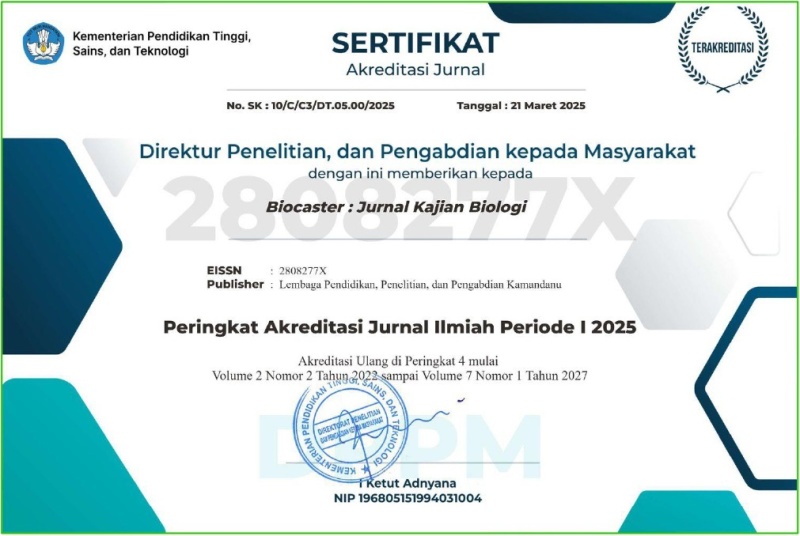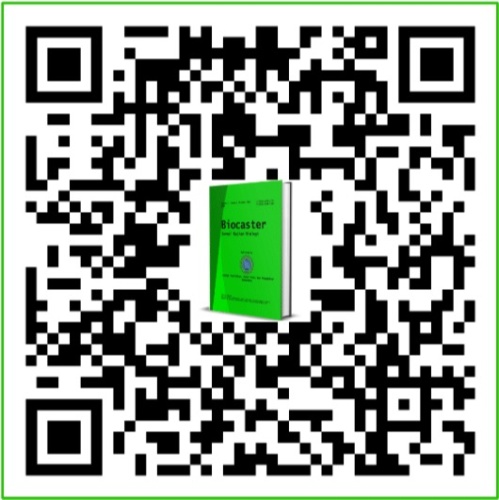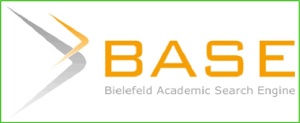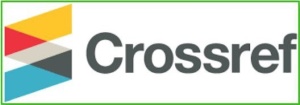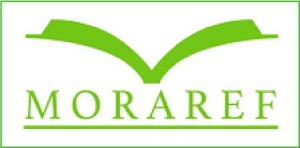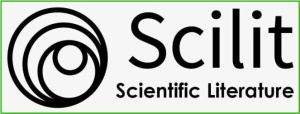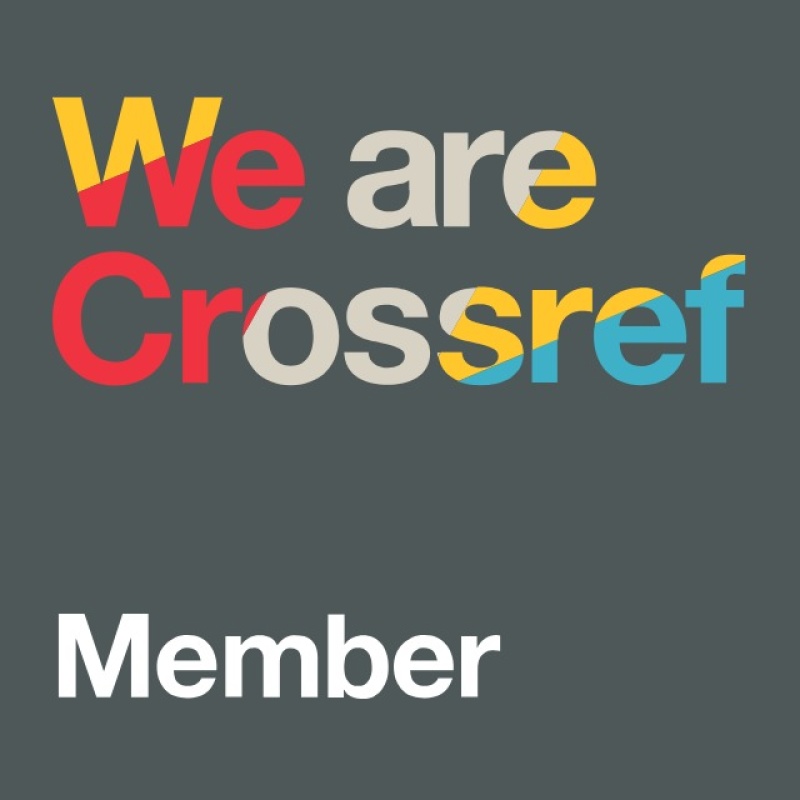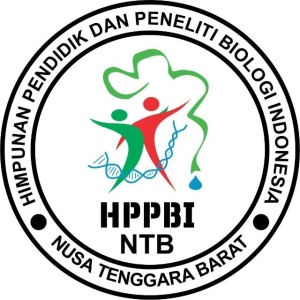Pengaruh E-Module Sistem Pernapasan Berbasis Praktikum terhadap Hasil Belajar untuk Menunjang SDGs 3 Siswa Kelas XI SMA Negeri 13 Samarinda
DOI:
https://doi.org/10.36312/biocaster.v5i4.675Keywords:
E-Module, Learning Outcomes, Practicum, SDGs 3Abstract
Technological progress requires innovation in all components of education, one of which is by integrating the Sustainable Development Goals (SDGs) into learning through practicum-based breathing system e-modules. This study aims to analyze the influence of practicum-based respiratory system e-modules on the learning outcomes of grade XI students of SMA Negeri 13 Samarinda in the cognitive, affective, and psychomotor domains in supporting the achievement of SDGs 3. The research method used a quasi experiment type of non-equivalent control group with two subjects (30 students each), one class as an experiment and one class as a control. Instruments include cognitive tests (pretest–posttest) as well as affective and psychomotor observations. Cognitive data analysis used an independent t-test, while affective and psychomotor were analyzed descriptively and converted to qualitative categories. The results showed significant differences in cognitive learning outcomes (sig. 0.000 < 0.05). The affective learning outcomes of both classes were in the good category, with the experimental class showing a higher score of 78.89, while the control class was 74.11. The psychomotor learning outcomes of the experimental class were in the skilled category with an average of 75.09, while the control class was quite skilled with an average of 69.17. Therefore, it is concluded that practicum-based e-modules are effective in improving learning outcomes while fostering health and environmental awareness in accordance with SDGs 3.
Downloads
References
Agustina, R. (2021). Penggunaan E-modul Interaktif Menggunakan Metode Discovery Learning untuk Meningkatkan Performa Akademik Siswa pada Mata Pelajaran Bahasa Inggris di Kelas X MIPA 7 SMAN 1 Garut. Cendikia : Jurnal Ilmu Pengetahuan, 1(2), 119-129. https://doi.org/10.51878/cendekia. v1i2.154
Amanullah, M. A. (2020). Pengembangan Media Pembelajaran Flipbook Digital Guna Menunjang Proses Pembelajaran di Era Revolusi Industri 4.0. Jurnal Dimensi Pendidikan dan Pembelajaran, 8(1), 37-44. https://doi.org/10.24269/dpp.v0i0.2300
Ghany, H. H. (2018). Penyelenggaraan Pendidikan untuk Pembangunan Berkelanjutan di Sekolah Dasar. Jurnal Madaniyah, 8(2), 186-198.
Idayanti, Z., & Suleman, M. A. (2024). E-modul sebagai Bahan Ajar Mandiri untuk Meningkatkan Hasil Belajar Peserta Didik. Jurnal Penelitian dan Pengembangan Pendidikan, 8(1), 127-133. https://doi.org/10.23887/jppp.v8i1.61283
Lastri, Y. (2023). Pengembangan dan Pemanfaatan Bahan Ajar E-Modul dalam Proses Pembelajaran. Jurnal Citra Pendidikan, 3(3), 1139-1146. https://doi.org/10.38048/jcp.v3i3.1914
Mutmainnah, M., Aunurrahman, A., & Warneri, W. (2021). Efektivitas Penggunaan E-Modul terhadap Hasil Belajar Kognitif pada Materi Sistem Pencernaan Manusia di Madrasah Tsanawiyah. Jurnal Basicedu, 5(3), 1625-1631. https://doi.org/10.31004/basicedu. v5i3.952
Nuriana, R., & Hotimah, I. H. (2023). Penerapan Meaningful Learning dalam Pembelajaran Sejarah. Jambura History and Culture Journal, 5(1), 1-15. https://doi.org/10.37905/jhcj.v5i2.20479
Pramana, I. B. W., Fitriani, H., & Safnowandi, S. (2022). Pengaruh Metode Mind Map dengan Media Komik terhadap Minat Baca dan Hasil Belajar Kognitif Siswa. Biocaster : Jurnal Kajian Biologi, 2(2), 71-87. https://doi.org/10.36312/bjkb.v2i2.68
Pusnita, I., Wagisri, W., Berlian, O., & Marleni, M. (2023). Pelayanan Kesehatan dalam Pembangunan Kesejahteraan Sosial di Kecamatan Gandus Kota Palembang. Jurnal Publisitas, 9(2), 187-198. https://doi.org/10.37858/publisitas.v9i2.326
Rohima, N. (2023). Penggunaan Media Pembelajaran untuk Meningkatkan Keterampilan Belajar pada Siswa. Publikasi Pembelajaran, 1(1), 1-12. https://doi.org/10.31219/osf.io/acxe2
Sufianingsih, I., & Fitri, R. (2024). Literature Review: Analisis Pengembangan Panduan Praktikum pada Mata Pelajaran Biologi untuk Tingkat SMA. Bio-Pedagogi, 13(2), 85-92. https://doi.org/10.20961/bio-pedagogi.v13i2.88307
Sugiyono, S. (2010). Metode Penelitian Pendidikan Pendekatan Kuantitatif, Kualitatif, dan R&D. Bandung: CV. Alfabeta.
Taufik, A. N., Berlian, L., Wahyuni, A. R., Khofifah, M., & Shakila, S. (2024). Pengembangan E-modul Berbasis Ekoliterasi sebagai Upaya untuk Mewujudkan Pembangunan Berkelanjutan (SDGs). Jurnal Pendidikan MIPA, 14(3), 702-712. https://doi.org/10.37630/jpm.v14i3.1699
Widiastari, N. G. A. P., & Puspita, R. D. (2024). Penggunaan Media Pembelajaran Digital dalam Mengembangkan Motivasi Belajar Siswa Kelas IV SD Inpres 2 Nambaru. Elementary : Jurnal Inovasi Pendidikan Dasar, 4(4), 215-222. https://doi.org/10.51878/elementary.v4i4.3519
Downloads
Published
How to Cite
Issue
Section
License
Copyright (c) 2025 Adinda Devi Nofalia, Ruqoyyah Nasution, Vandalita Maria Magdalena Rambitan, Jailani, & Suparno Putera Makkadafi

This work is licensed under a Creative Commons Attribution-ShareAlike 4.0 International License.
-
Attribution — You must give appropriate credit, provide a link to the license, and indicate if changes were made. You may do so in any reasonable manner, but not in any way that suggests the licensor endorses you or your use.
-
ShareAlike — If you remix, transform, or build upon the material, you must distribute your contributions under the same license as the original.


